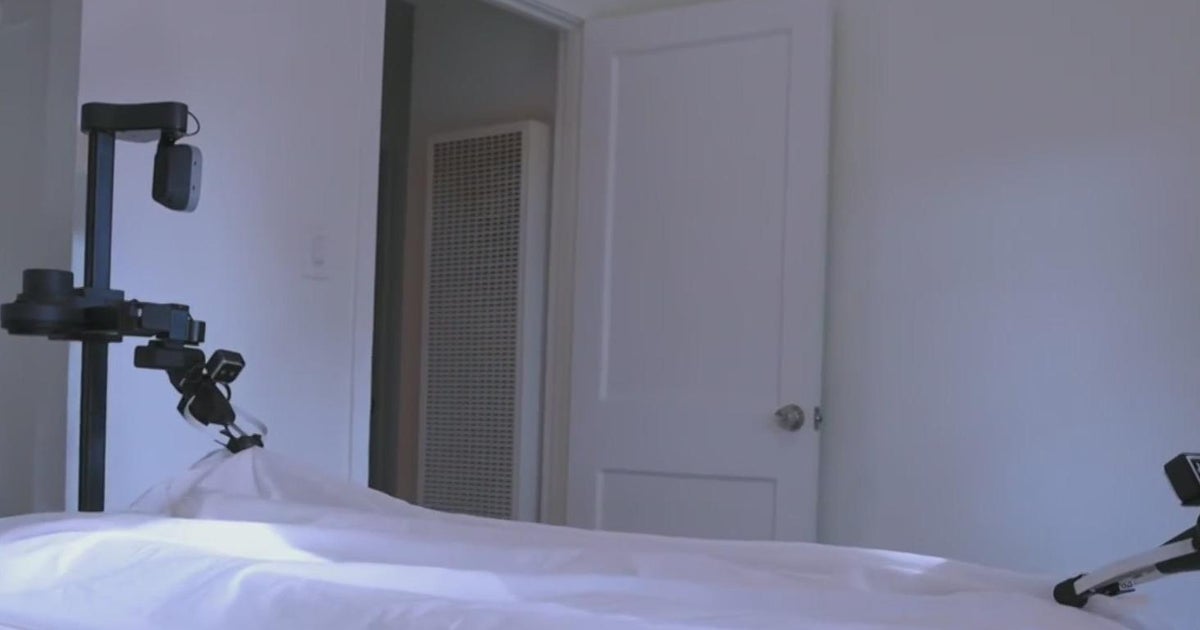Committee looking at health impacts of East Palestine train derailment for future research
EAST PALESTINE, OHIO (KDKA) - There's a new committee made up of people who don't want the East Palestine train derailment to be forgotten.
The group is working to gather information on the physical and mental health impacts to improve research efforts.
East Taggart Street in East Palestine reopened this week; it was shut down since the derailment on February 3. Remediation work is making progress and major excavation, and soil work, is nearly complete where the fiery train derailment happened but worries remain for the people of East Palestine.
Nearly nine months ago, the East Palestine train derailment shocked the nation and put people's health in jeopardy.
"It is critically important that we don't look at and consider the train derailment as something in the past, it's over," said Dr. Maureen Lichtveld, dean of the University of Pittsburgh's School of Public Health.
Lichtveld is on a new committee that was put together by the National Academies of Sciences, Engineering and Medicine. She said it includes environmental health scientists, epidemiologists, first responders and community leaders.
They are listening to health concerns from people who live in and around the small Ohio town and looking at questions that still haven't been answered.
"We must focus on what's going on in the health of people and some of the chemicals that were spilled can have an effect 10, 20 years from now, and so we're not done with the derailment," Dr. Lichtveld said.
Health concerns and questions for future research will be the focus of a virtual, community-engaged workshop on November 6 and 7.
After the derailment, an intentional burn of toxic chemicals in some of the cars sent a dark plume of smoke over the town near the Ohio-Pennsylvania border.
"Listen to communities and what their concerns are so we can do a number of things… one, we can focus on exposure, there are still concerns from community that they have been exposed and there are symptoms that they still have. Second, to learn from the community where we go into the future, where we go into the future with respect to what are questions that we still don't have answers for so what is the research portfolio," Dr. Lichtveld said.
"How do we follow up communities and communities' health over time? Thirdly, what is it that we need to learn now not to repeat in the future."
Dr. Lichtveld has been responding to natural and manmade disasters since 9/11. She spent two decades with the Centers for Disease Control and Prevention and responded to Hurricane Katrina.
There have been a few listening sessions ahead of the November workshop. Dr. Lichtveld co-led one that focused on concerns for children.
"It's the worry, it's the worry still for themselves, of their health but particularly for the children, and that just like with Hurricane Katrina stay with you a long time," she said.
Committee members will put their findings together, which will go to the project's sponsors, the CDC - Agency for Toxic Substances and Disease Registry (ATSDR) and the National Institutes of Health (NIH). Their summary will be used in potential research in the future.
"My motto is always making science work for communities and this workshop will uniquely do that," Lichtveld said.
A final listening session before the November workshop will be Thursday, Oct. 26 from 6-7pm at East Palestine High School and online. The registration link can be found here.
Registration is also required for the virtual workshop on Nov. 6 and 7. That link can be found here. Anyone is able to attend the listening sessions and the workshop.
There's also an online comment portal, that is available at this link.




